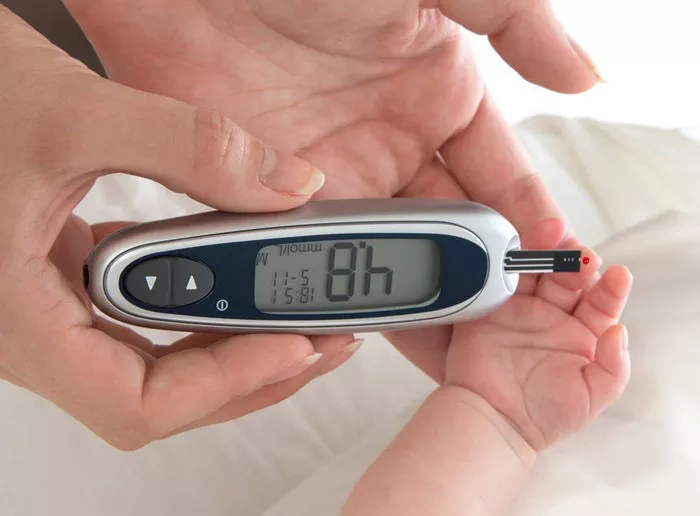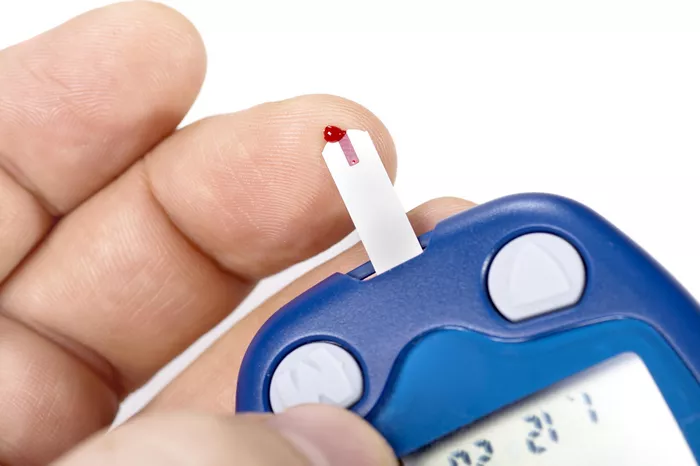Hypoglycemia, a condition characterized by abnormally low blood glucose levels, poses a significant risk to individuals with diabetes and other metabolic disorders. While the immediate concerns often revolve around neurological symptoms such as confusion, weakness, and even loss of consciousness, another critical aspect of hypoglycemia involves its impact on the cardiovascular system. One notable cardiovascular response to hypoglycemia is tachycardia, an elevated heart rate. In this article, we delve into the mechanisms behind the phenomenon of tachycardia during hypoglycemia, exploring the intricate interplay between glucose levels and cardiovascular function.
The Heart-Glucose Connection
To comprehend why hypoglycemia triggers tachycardia, it’s essential to first grasp the intimate relationship between the heart and glucose metabolism. The heart, as a high-energy-demand organ, heavily relies on glucose as its primary fuel source, alongside fatty acids. Glucose is essential for myocardial contractility, maintaining the electrical activity necessary for proper cardiac function, and overall energy homeostasis within cardiac cells.
During hypoglycemia, when circulating blood glucose levels drop below the normal range (typically defined as less than 70 mg/dL or 3.9 mmol/L), the heart encounters a sudden deficit in its energy supply. This deficiency sets off a cascade of physiological responses aimed at restoring glucose levels to ensure adequate energy delivery to vital organs, including the heart.
The Role of Counterregulatory Hormones
The body employs a complex array of hormonal mechanisms to counteract hypoglycemia and safeguard against its potentially deleterious effects. Chief among these counterregulatory hormones are glucagon, epinephrine (adrenaline), norepinephrine (noradrenaline), cortisol, and growth hormone. When blood glucose levels decline, these hormones are swiftly mobilized to stimulate processes that raise blood glucose levels, primarily through glycogenolysis (the breakdown of glycogen stored in the liver) and gluconeogenesis (the synthesis of glucose from non-carbohydrate sources).
Of particular relevance to the cardiovascular response during hypoglycemia is the role of epinephrine and norepinephrine. These catecholamines are released from the adrenal glands in response to hypoglycemia, exerting profound effects on the cardiovascular system. Both epinephrine and norepinephrine have potent chronotropic (heart rate-increasing) and inotropic (contractility-enhancing) effects on the heart, mediated through stimulation of beta-adrenergic receptors within cardiac tissue.
Adrenergic Stimulation and Tachycardia
The surge in circulating epinephrine and norepinephrine during hypoglycemia serves as the primary driver behind the development of tachycardia. These catecholamines act on beta-1 adrenergic receptors located in the sinoatrial (SA) node, the heart’s natural pacemaker. Stimulation of these receptors accelerates the rate of spontaneous depolarization in SA nodal cells, hastening the initiation of each cardiac cycle and thereby increasing heart rate.
Moreover, adrenergic stimulation enhances the conductivity of electrical impulses through the atrioventricular (AV) node, facilitating the rapid transmission of signals from the atria to the ventricles. This augmentation of AV nodal conduction contributes further to the observed increase in heart rate during hypoglycemia.
Autonomic Dysregulation and Sympathetic Overactivity
Beyond the direct effects of catecholamines on cardiac pacemakers and conduction tissue, hypoglycemia-induced sympathetic activation can lead to broader autonomic dysregulation, exacerbating tachycardia. The sympathetic nervous system, often referred to as the “fight or flight” system, plays a pivotal role in orchestrating the body’s response to stressors, including hypoglycemia.
Sympathetic overactivity during hypoglycemia manifests as increased sympathetic tone, characterized by heightened release of norepinephrine at sympathetic nerve terminals and enhanced responsiveness of target tissues to adrenergic stimulation. This exaggerated sympathetic outflow extends beyond the cardiovascular system, impacting various organs and tissues throughout the body.
In addition to its direct effects on the heart, sympathetic overdrive during hypoglycemia can induce peripheral vasoconstriction, shunting blood away from non-essential tissues towards vital organs such as the brain and heart. While this redistribution of blood flow is a protective mechanism aimed at preserving oxygen delivery to critical organs, it can contribute to the elevation of heart rate through mechanisms such as the Bainbridge reflex, which responds to changes in venous return to the heart.
Hypoglycemia-Associated Autonomic Failure
In individuals with longstanding diabetes, recurrent episodes of hypoglycemia can lead to a phenomenon known as hypoglycemia-associated autonomic failure (HAAF). HAAF is characterized by impaired counterregulatory hormone responses to hypoglycemia, including blunted secretion of epinephrine and norepinephrine. This attenuation of the normal sympathoadrenal response predisposes affected individuals to recurrent and severe hypoglycemia, further exacerbating cardiovascular instability.
In the context of HAAF, the diminished release of catecholamines in response to falling blood glucose levels compromises the body’s ability to mount an appropriate cardiovascular response. Consequently, individuals with HAAF may exhibit blunted tachycardic responses during hypoglycemia, potentially masking the severity of the underlying glucose deficit and delaying appropriate intervention.
Clinical Implications and Management Strategies
The recognition of tachycardia as a prominent cardiovascular manifestation of hypoglycemia carries important clinical implications for the management of diabetes and related conditions. Healthcare providers must remain vigilant for signs of hypoglycemia-induced tachycardia, as it may serve as an early indicator of impending cardiovascular compromise.
In acute settings, the prompt identification and treatment of hypoglycemia are paramount to prevent further deterioration in cardiovascular function. Treatment strategies typically involve the administration of rapidly absorbed carbohydrates, such as glucose tablets or oral glucose solutions, to rapidly raise blood glucose levels and alleviate symptoms.
For individuals with diabetes, proactive measures aimed at preventing hypoglycemia play a central role in mitigating the risk of associated cardiovascular complications. This includes regular monitoring of blood glucose levels, adherence to prescribed insulin regimens or oral hypoglycemic agents, and adjustments in medication dosages or meal timing to minimize the occurrence of hypoglycemic events.
Conclusion
The association between hypoglycemia and tachycardia underscores the intricate interplay between glucose metabolism and cardiovascular function. Through the concerted actions of counterregulatory hormones and sympathetic activation, hypoglycemia elicits a robust cardiovascular response characterized by elevated heart rate and increased myocardial contractility.
Understanding the mechanisms driving hypoglycemia-induced tachycardia is essential for healthcare providers involved in the management of diabetes and related conditions. By recognizing the cardiovascular manifestations of hypoglycemia and implementing appropriate treatment strategies, clinicians can effectively safeguard against the adverse consequences of low blood glucose levels on cardiac function, ultimately improving patient outcomes and quality of life.
Related topics:



























